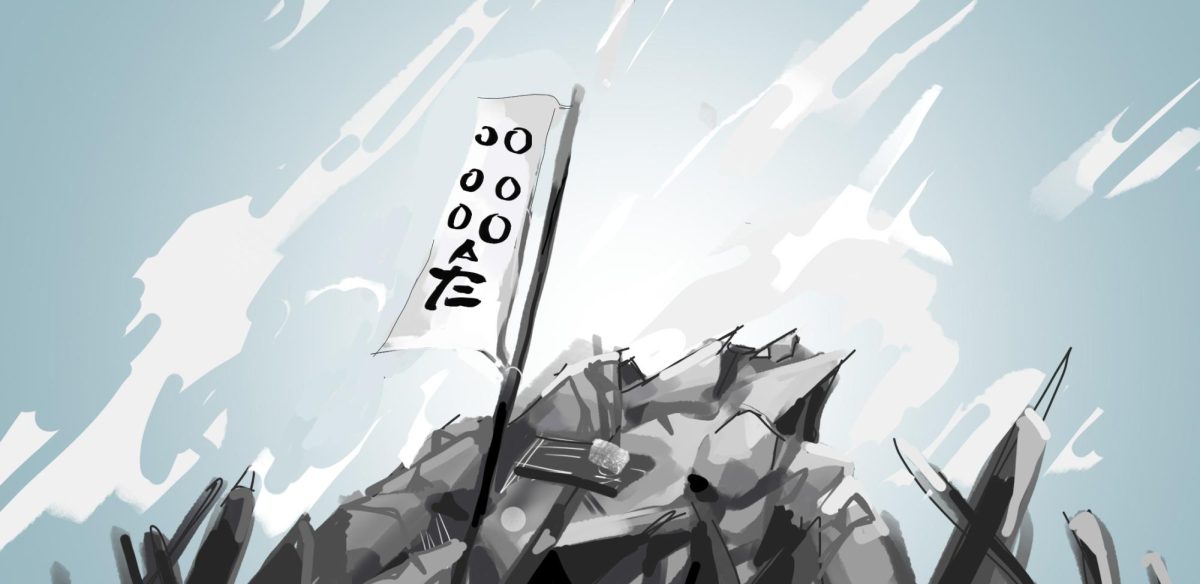It is undeniable that Japanese culture has had an influence on the rest of the world through anime, film, television, customs and more. Out of all of them though, one film stands out in particular: “Seven Samurai” released in 1954, directed by Akira Kurosawa and produced by Toho Studios. Making $2.3 million at the box office, the movie became Japan’s third grossing film of 1954, even outdoing “Godzilla,” which grossed $2.25 million, and only being beaten by “What is Your Name? Part 3” and “Chushingura.” Today, “Seven Samurai” is considered one of the greatest films of all time by various critics, boasting a 100% fresh rating on Rotten Tomatoes.
“Seven Samurai” opens in Sengoku Jidai Japan, where bandits such as those featured in the movie are free to raid and pillage. Bandit raids in one village are revealed to often leave the villagers with nothing, so following the advice of the village elder, they hire the “seven samurai” for protection.
If this story sounds familiar, that is because it is — the idea of a group of warriors coming together to fight for a cause ideologically greater than them has been succeeded in various realms of film and television alike. “Star Wars: The Clone Wars” for example, features an episode in its second season where three Jedi and four bounty hunters come together to defend a poor farming community from a gang of pirates. The 2018 Wes Anderson film “Isle of Dogs” references Seven Samurai, starting with a boy meeting an odd group of feral dogs left to starve on an island. The references become outright when the film uses a track from Seven Samurai in one scene. Evidently, “Seven Samurai” is a film whose influence cannot be understated.
“Seven Samurai” is a film that continues to attract watchers and fans alike, and 70 years later, fans and theaters continue to pay homage. The Cannes Film Festival, for example, announced a 4K restoration screening of “Seven Samurai” as part of its roster of events, while various publications such as IndieWire and Inverse have written commemoration articles.
This 70-year-old samurai masterpiece has had a profound effect on filmmaking in the decades since its release. It is the source of various tropes that have appeared across films throughout the decades, and is still fondly remembered as one of the greatest films of all time. Seventy years onwards, and the legacy of Seven Samurai is still going strong.





